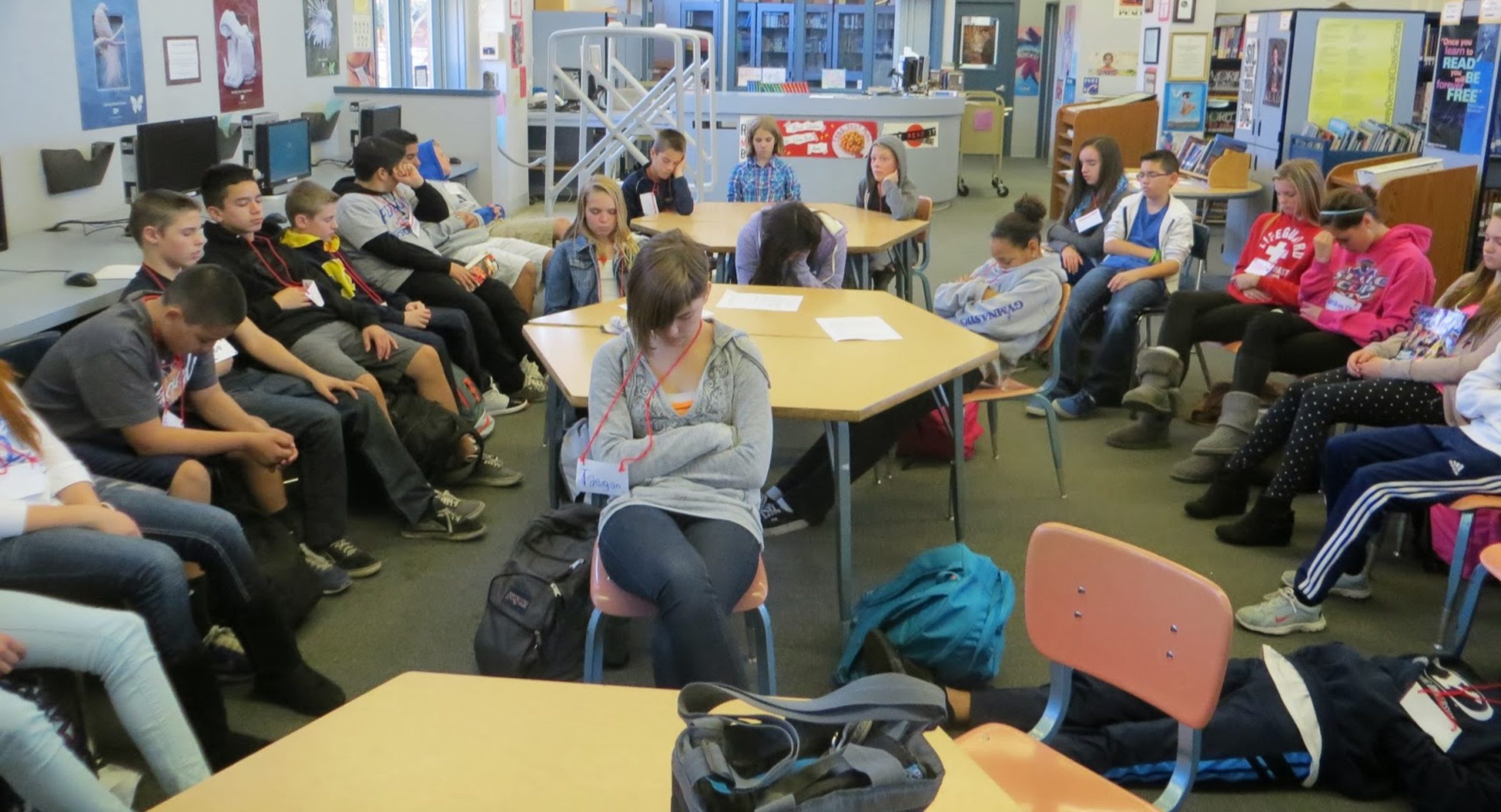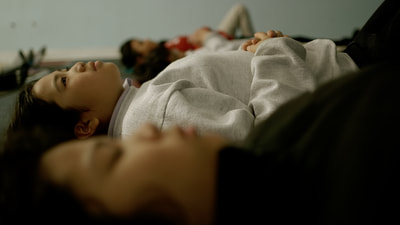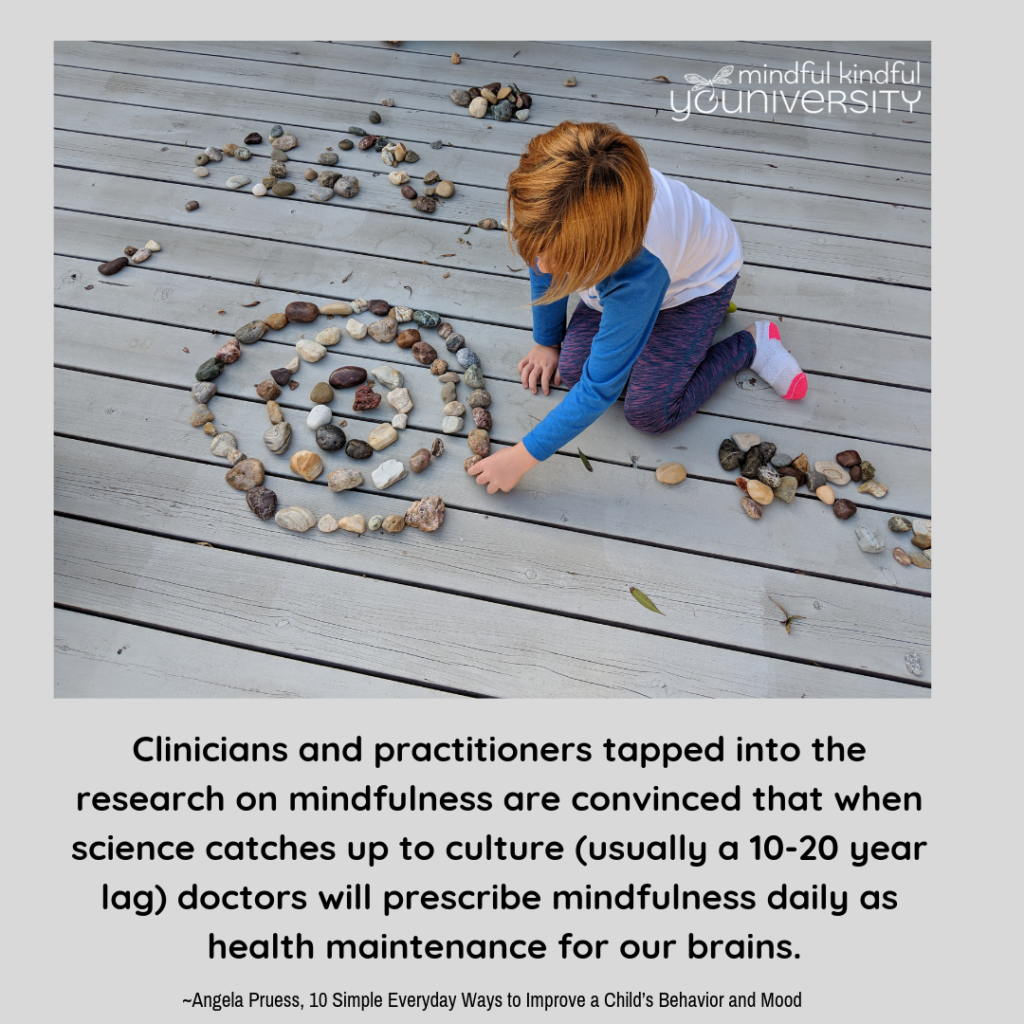Laying crumpled on the floor, tears flowing, an overwhelming sensation of chaos and hopelessness was sweeping over me. “This is impossible!” I was screaming inside myself (or maybe it was aloud). It was only a few weeks into my job as a Speech-Language Pathologist (SLP) at a new-for-me school. I had just moved to a new location to slow things down and practice having more balance in my life. I had moved from Sacramento and although there were many reasons to love it there, it was time for this gal to get out of the city. I realized living near the ocean or in the mountains was important to me, so it was back to the coast for me. I began my new school year filled with enthusiasm and hope for the “best year ever”. But within the first month of school, I felt completely unbalanced and enthusiasm was shattered. I felt like I was standing at the bottom of my “Mount Everest”. And I had no idea how to scale it. That is, until I remembered…

I have been studying and practicing mindfulness for many years while working with special needs students with social, emotional, and behavioral challenges. Their challenges with attention deficits, impulsivity, emotional dysregulation, trauma, nervous system dysfunction, etc., often interfered with their ability to learn or engage with others successfully or effectively. As my students began to embrace mindfulness practices, I, too, became a student in order to benefit from and embody that which I shared with my students.
Move forward to my Mt. Everest situation. There were many reasons* to feel overwhelmed. Knowing my frustrations, several of the staff members confided in me “this is exactly why we continue to have turnover of our SLP’s every year”. I thought to myself “Oh good, I’m not the only one who feels like I’m climbing Mt. Everest with a safari suit and a fanny pack.” A few other newbie colleagues at my school shared these stressful feelings as well. In fact, nationwide there is a shortage of SLP’s. Actually in general, in the field of education, forty-six percent of teachers report high daily stress, which compromises their health, sleep, quality of life, and teaching performance. At my school in Sacramento it seemed like there was a teacher/staff member dropping out every month if not weekly (not kidding)! But I digress. What I would like to share is how mindfulness helped me survive “the most difficult year ever” as an educator.
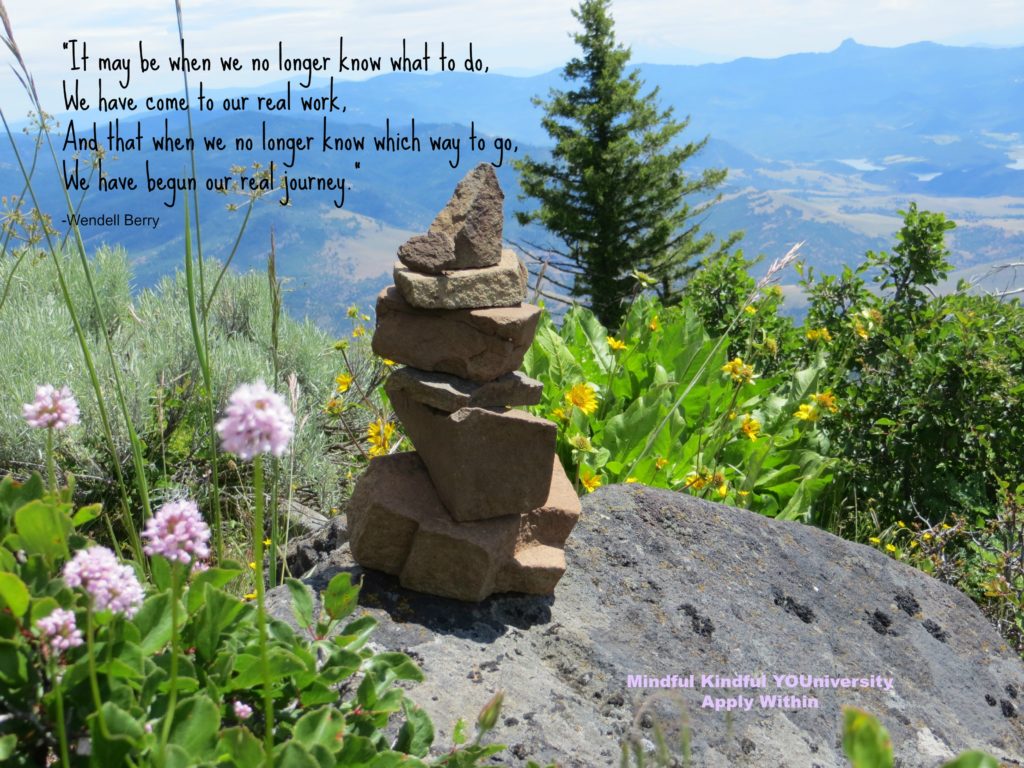
Mindfulness:
Mindfulness is is awareness of the present moment by noticing our thoughts, emotions & feelings, physical sensations in the body, and/or surrounding environment with curiosity and kindness. It is a beneficial approach to life’s challenges for all ages, supporting our well-being.
Dr. Susan Kaiser Greenland adds that “Mindfulness moves brain activity from the emotional part of the brain into the problem solving part of the brain so it can do it’s job. It can work the other way too. If you can get the problem solving part of the brain really strong, it can turn around and quiet the emotional part of the brain.”
There is a tendency to associate mindful meditation with peace and calm because, quite often, that is the “side effect” when we sit in stillness and practice breathing, however mindfulness is about noticing what is going on in the present moment as it already is: even when having difficult emotions, thoughts, and experiences. Our tools and techniques help us navigate through these stormy times. Like the tides, feelings come and feelings go. Situations are happy and then they are not. Everything in life ebbs and flows.
REmembering:
It’s easy to feel happy when things are going well. For several years as my studies and practices in mindfulness progressed things were going very well. What’s not so easy is to keep going when the going gets tough. For my two previous school years I worked in an inner-city charter school in Sacramento, and despite working with some very challenging students (some with difficult backgrounds living in notoriously tough neighborhoods) and working under rigorous and difficult conditions, these were incredibly rewarding years in education. The kind of experience that brought such deep meaning and passion to my work. I was fortunate to be able to implement a mindfulness program for the k-5 classes while also doing my speech therapy work. I also began sharing with staff district-wide through professional development and after-school support groups to try to offer solutions for stress and burnout. But the city life was not for me so I moved on and was faced with a completely different experience and I found myself having feelings of regret about my decision to leave the previous school.
When I noticed those feelings of regret, I needed to REmind myself WHY I came here: balance and slowing things down for my well-being. “REmind” or “REmember” is simply bringing back to mind that which we already know but forgot for a moment. Stress and adversity will impair memory. As I stood humbly in the shadows of my Mt Everest I refused to be defeated. And so I began my journey with REmembering the things I have learned and REminding myself that I have the resources within me ~ the very resources I have shared with students and staff about mindfulness!
Curiosity is one aspect cultivated in mindfulness. John Welwood said,
“What deeper resource is this adversity calling on me to bring forth?”
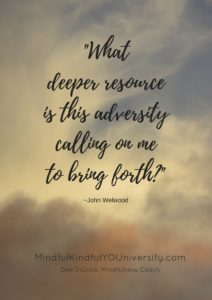 This became my north star for navigating through the year. I began to practice and deepen my curiosity to uncover the lessons beneath the obstacles in my journey. Ryan Holiday, author of “The Obstacle Is the Way: The Timeless Art of Turning Adversity to Advantage” wrote:
This became my north star for navigating through the year. I began to practice and deepen my curiosity to uncover the lessons beneath the obstacles in my journey. Ryan Holiday, author of “The Obstacle Is the Way: The Timeless Art of Turning Adversity to Advantage” wrote:
“The obstacle in the path becomes the path. Never forget, within every obstacle is an opportunity to improve our condition. Each time, you’ll learn something. Each time, you’ll develop strength, wisdom, and perspective. Each time, a little more of the competition falls away. Until all that is left is you: the best version of you.”
Yes! The best version of me! And so my work began, picking myself up off the floor, and moving forward on the path towards self-awareness and growth in wisdom, in order to come out stronger, better, and balanced. Mindfulness can be a state of mind in the present moment, and over time it can become a more enduring personal trait or disposition, or a way of being. I began to recognize how my traits were becoming a way of being that was changing my life for the better. I made it through the year, proud of my efforts to persevere and come out stronger for it.
Perhaps, in time, I will share more some time about what some of those challenges were!
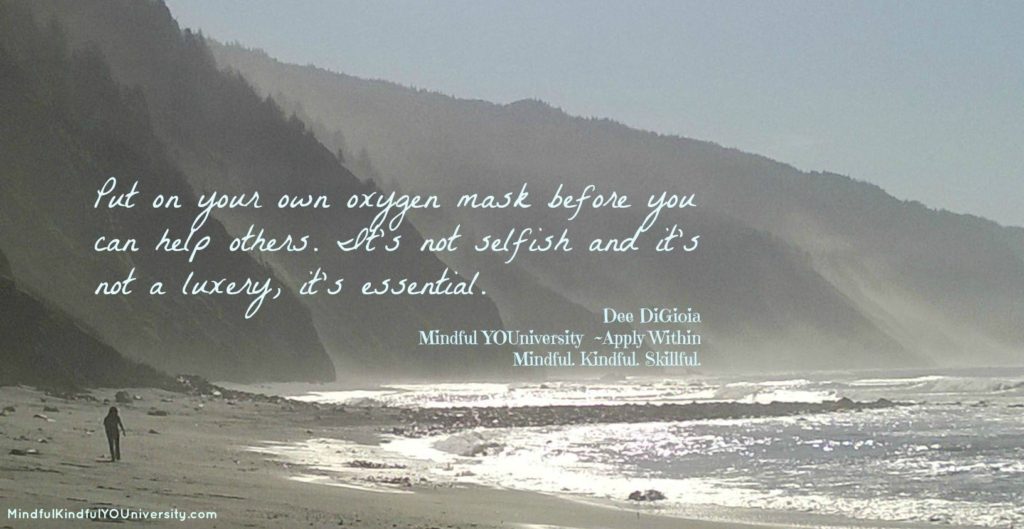
~~~~~~~~~~~~~~~~~~~~~~~~~~~~~~~~~~~~~~~~~~~~~~

Dee DiGioia, Certified Mindfulness & Life Skills Coach and Consultant
MK YOU offers mindfulness programs for youth, educators, parents, and community members using evidence-based practices of mindfulness, movement, and social-emotional learning to help reduce stress while cultivating the inner resources needed for well-being in San Luis Obispo County via school and community programs/classes/workshops, personal coaching, professional development, mini-retreats, and more. After pioneering a successful mindfulness program for K-5 classrooms at an inner city charter school in Sacramento, CA, Dee hopes to develop programs in our local schools here on the Central Coast of CA. Contact Dee to learn more.
Subscribe to MK YOU News!
Sm’Heart Skills: The essential education for responding
more skillfully to life in the 21st Century!
~~~~~~~~~~~~~~~~~~~~~~~~~~~~~~~~~~~~~~~~~~~~~~~~~~~~~~~~~~~~~~~~~~~
*Many reasons for Burnout of SLPs


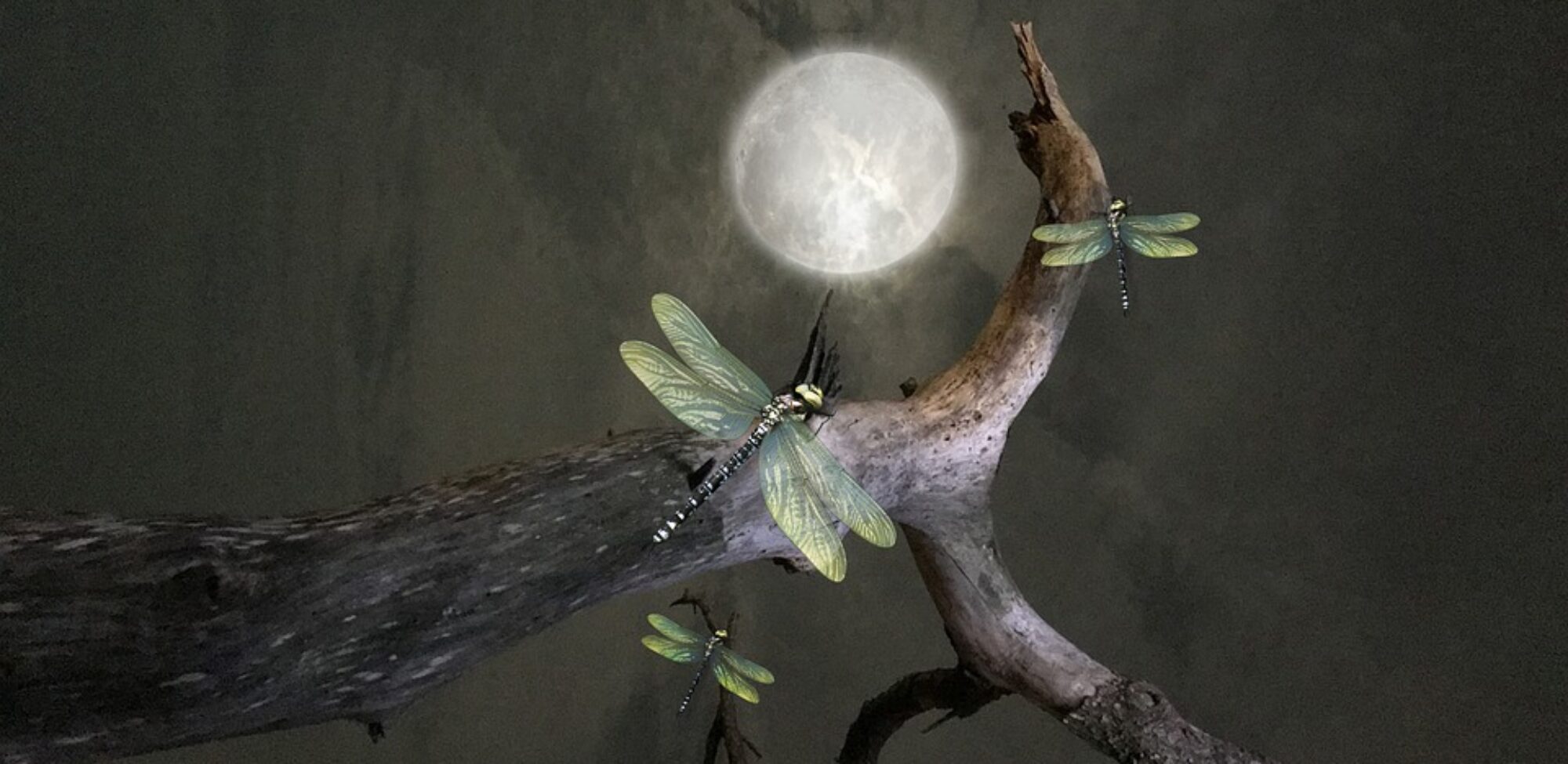
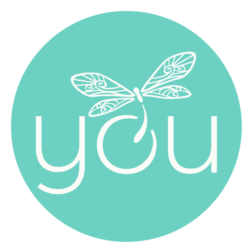
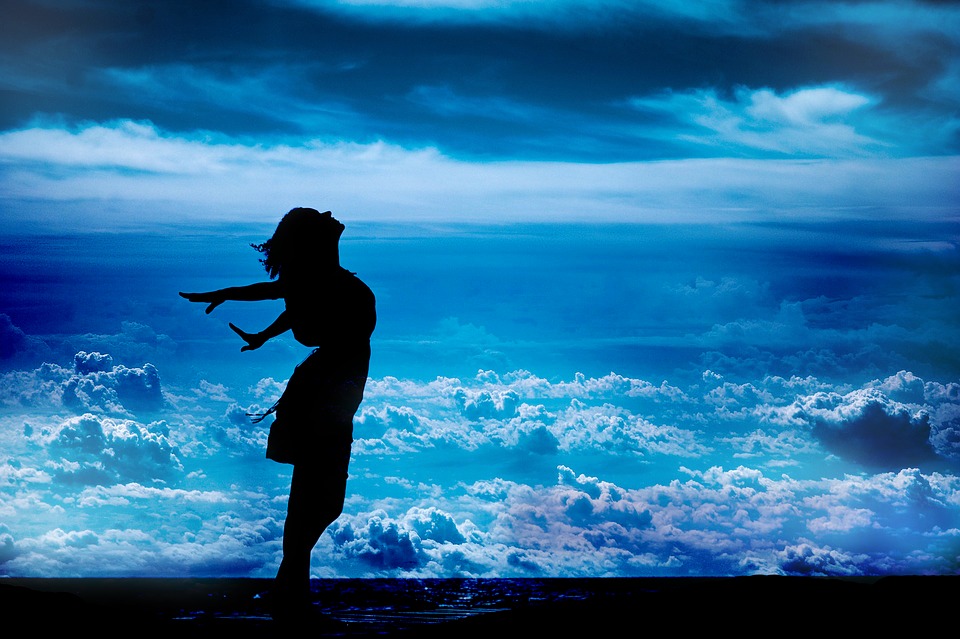
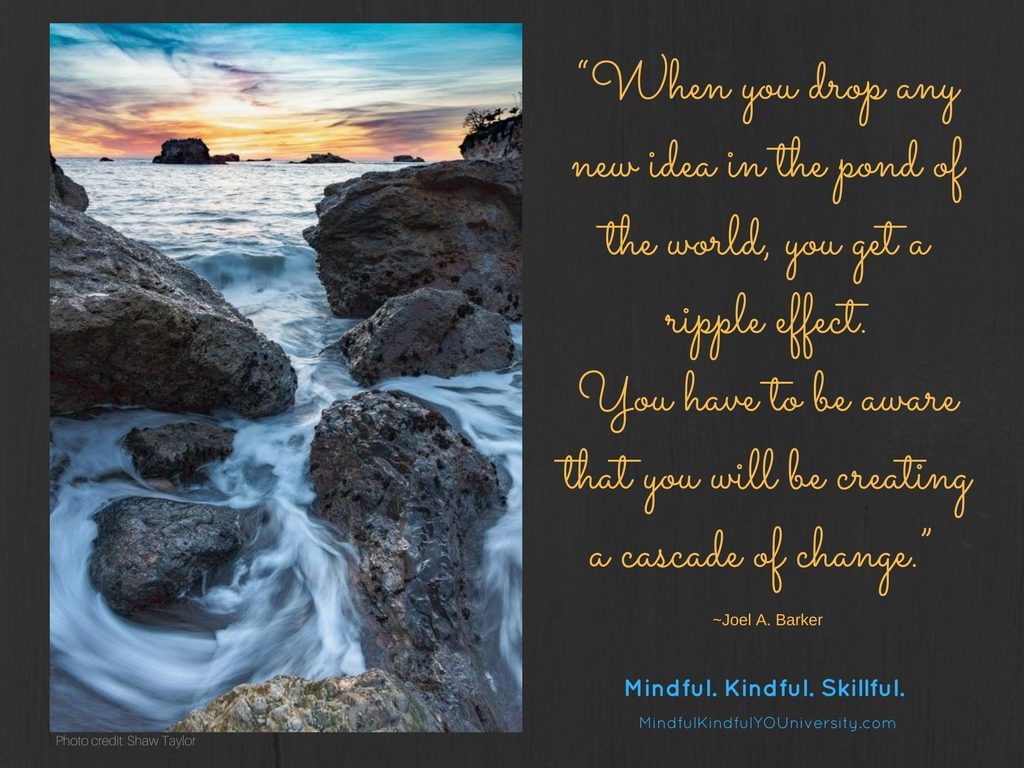
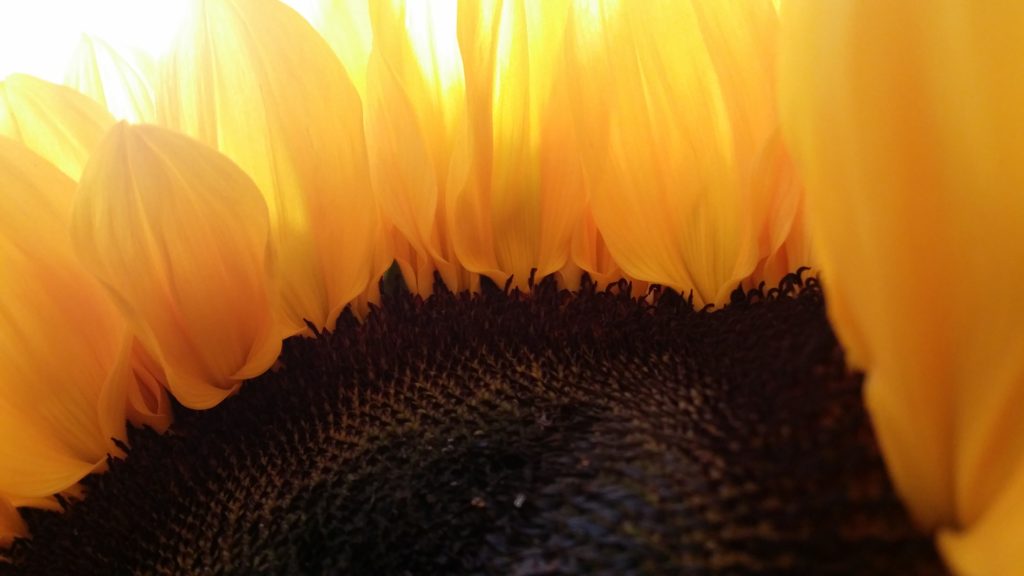


 This became my north star for navigating through the year.
This became my north star for navigating through the year. 
